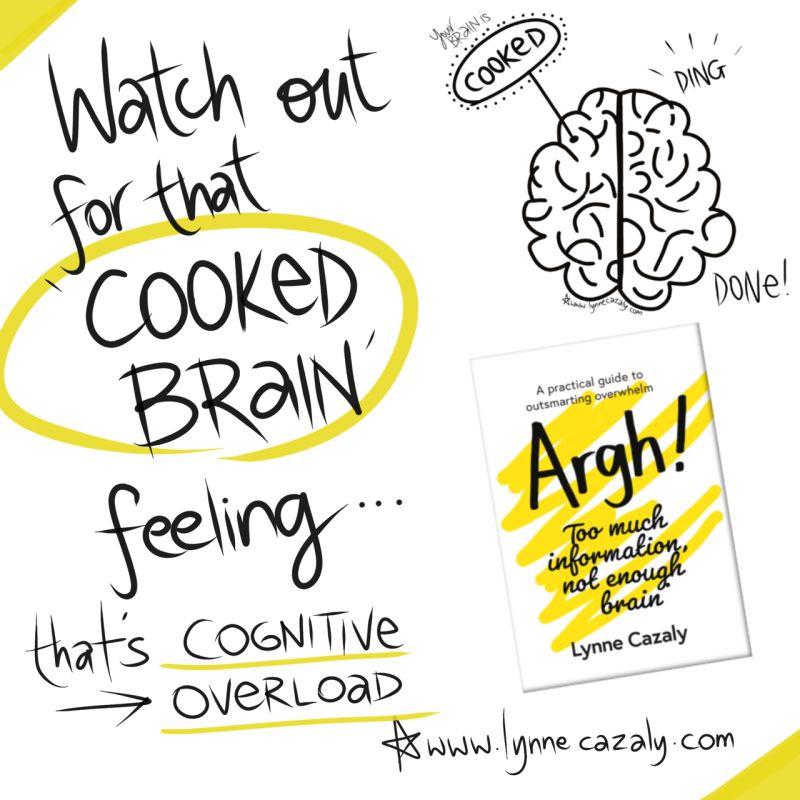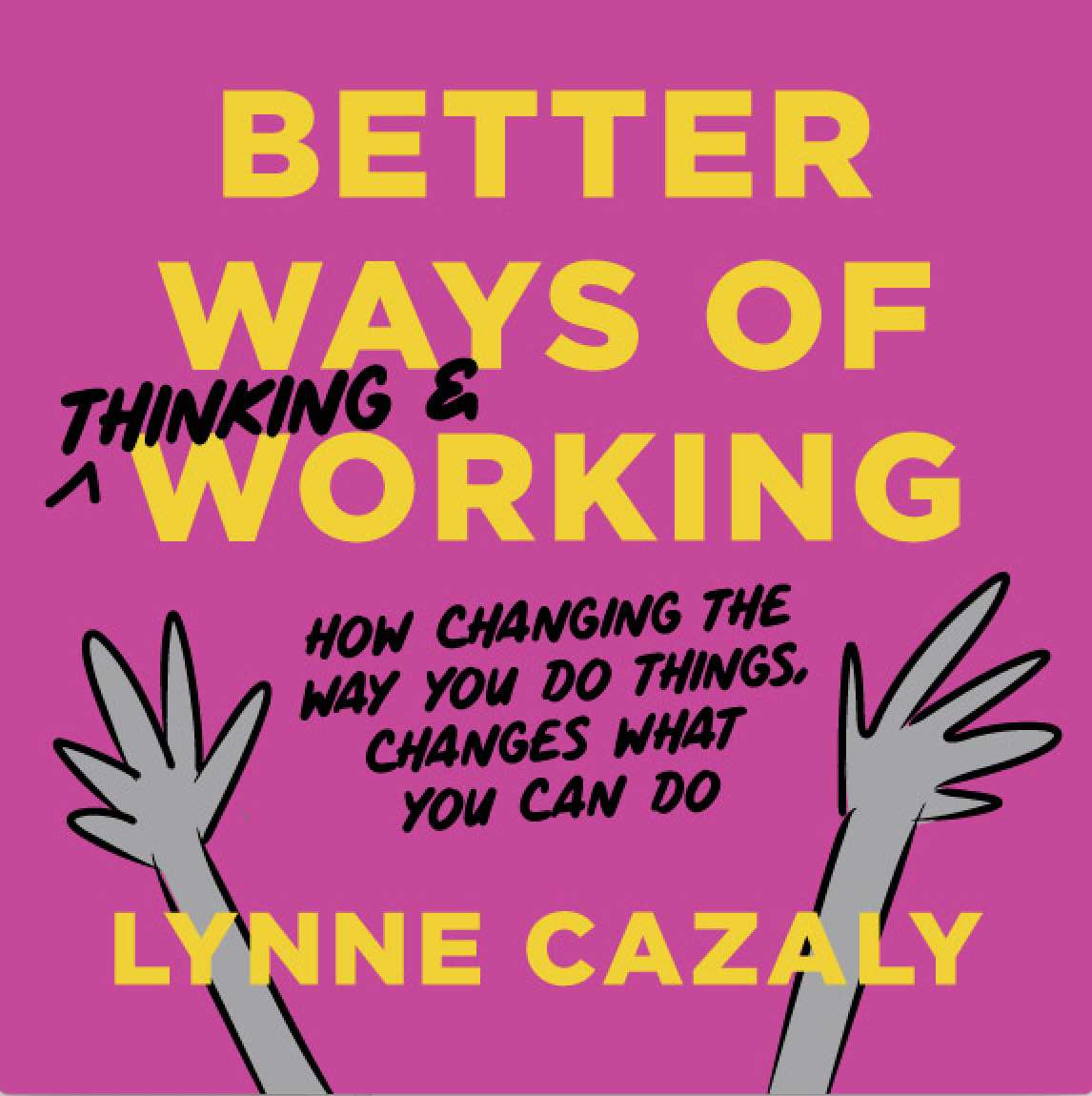The truth about feeling bored
 Friday, October 15, 2021 at 1:33PM
Friday, October 15, 2021 at 1:33PM I remember as a child I’d call out to my mum, Shirl, and say ‘I’m bored!’ She’d give me a sweet list of things I could do to occupy myself, entertain myself and stimulate my mind.
But here, author Pietro Minto, in his Italian book ‘How to get bored better’ reveals some interesting thoughts, claims and insights about our boredom.
Apparently we have a warped notion of time and time management ... and the pandemic has exacerbated the warp.
In this great interview with Minto, we get new perspectives on what we do when we’re bored and how we’re spending a lot of time on things that may not matter so much.
Oooh that’s a big call isn’t it.
Aren’t we all so busy?
This quote: “It’s irrelevant how many stimuli we have – the core of the issue is about how little we are conscious of how we use our time, be it free time or otherwise.”
He says that boredom has carried negative connotations but instead, “it’s a plot of land no one has built on yet.”
Bookmark this one to read maybe when you’re bored! 🤣
It’s a great prompter of thought about what we do, why we do it and how else we might spend our precious time.



















